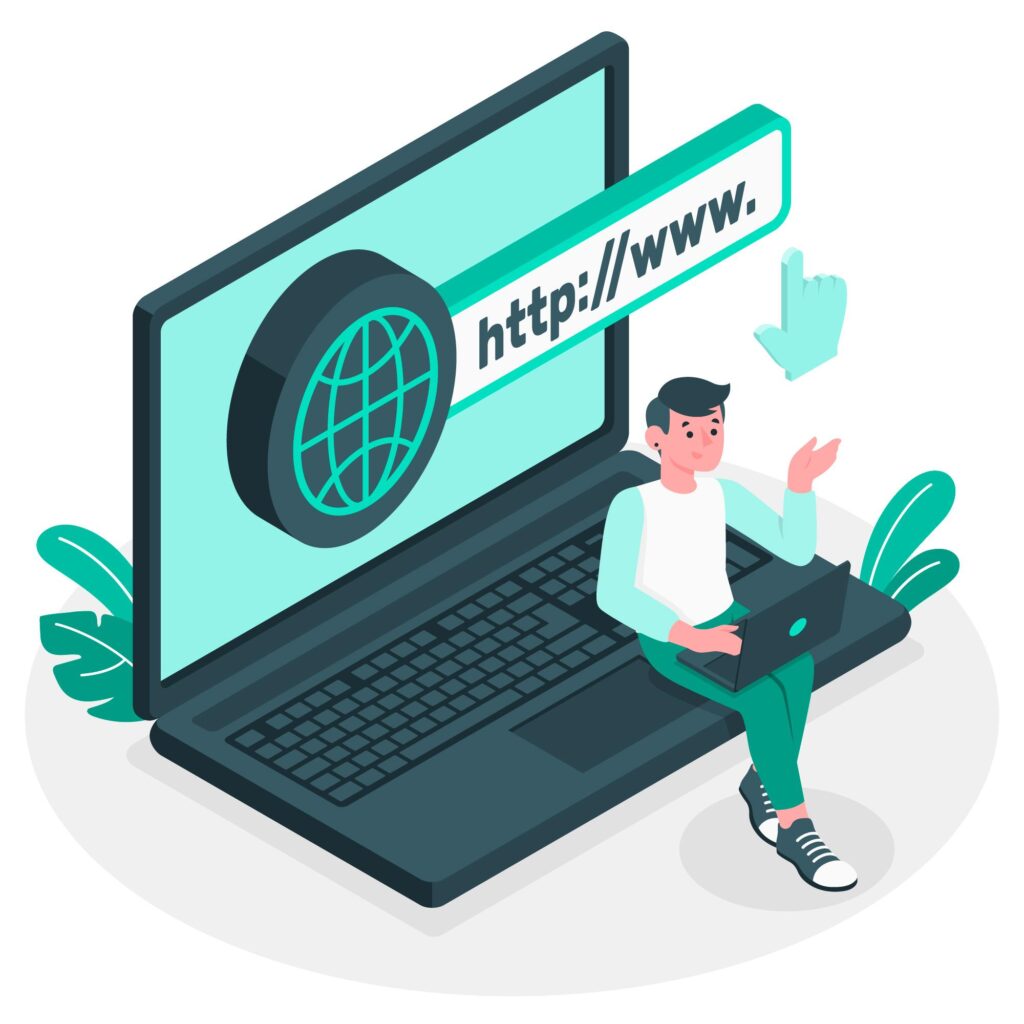The internet is filled with new terms and concepts, but “Insanony” is one of the latest trends gaining attention. Whether you’ve encountered it in online forums or heard it mentioned in conversations, Insanony may sound unfamiliar. This guide explains what Insanony is, why it’s becoming relevant, and how it fits into the modern digital landscape.
What Does Insanony Mean?
Insanony is a portmanteau of “insanity” and “anonymity,” referring to the freedom that online anonymity offers, sometimes leading to irrational or extreme behavior. It describes situations where people behave unpredictably or irrationally under the guise of being anonymous on the internet.
This term highlights a phenomenon where anonymity—while protecting privacy—also opens the door for impulsive, unfiltered, and occasionally harmful behavior. In spaces like forums, social media, or comment sections, Insanony reflects a shift toward unrestrained digital expression, which can either be playful or destructive.
The Rise of Insanony in Digital Spaces
The rapid growth of anonymous online communities has contributed to the rise of Insanony. Platforms like Reddit, 4chan, or anonymous messaging apps give users the freedom to express opinions without revealing their identities. While this encourages candid conversations, it also fosters an environment where some users feel emboldened to engage in behavior they wouldn’t exhibit in real life.
Some specific scenarios that reflect Insanony include:
- Anonymous trolling in public comment sections.
- Impulsive venting on social platforms like Twitter.
- Posting controversial opinions without fear of judgment.
- Creating anonymous profiles to explore alternative personalities.
The rise of Insanony reflects both the positive and negative effects of digital anonymity. While it encourages free speech, it also presents challenges related to accountability.
Insanony vs Anonymity: Key Differences
It’s essential to understand that Insanony is different from anonymity in subtle but important ways:
| Aspect | Anonymity | Insanony |
|---|---|---|
| Meaning | Protects identity and privacy. | Freedom leading to unpredictable behavior. |
| Intent | Focused on safety and confidentiality. | Often used to express extremes or act impulsively. |
| Examples | Online surveys, whistleblower platforms. | Trolling, flame wars, prank messages. |
While anonymity itself is neutral, Insanony reflects a shift toward behavior that emerges due to the absence of identity constraints.
Benefits and Risks of Insanony
Benefits of Insanony
- Encourages candid expression: Users feel free to express opinions without fear of backlash.
- Enables exploration: People can explore new perspectives or identities safely.
- Provides emotional outlet: Anonymous platforms offer spaces for venting frustrations.
Risks of Insanony
- Trolling and harassment: Some users abuse anonymity to harm others.
- Loss of accountability: Without identity, users may behave irresponsibly.
- Misinformation spread: Anonymous platforms can amplify unverified information.
Understanding these pros and cons helps individuals and communities create safer, more respectful digital environments.
How to Stay Safe While Embracing Insanony
If you’re exploring anonymous platforms, it’s essential to stay safe and responsible. Here are some practical tips:
1. Use platforms with moderation policies:
Choose platforms that have clear rules and active moderation to reduce harmful content.
2. Protect your identity carefully:
While anonymous, avoid sharing sensitive personal information that could compromise your privacy.
3. Report abusive behavior:
If you encounter harmful content or harassment, report it to platform moderators or administrators.
4. Engage responsibly:
Anonymity offers freedom, but it’s crucial to remember that real people are on the other side of the screen. Use it to express yourself positively.
5. Verify information before sharing:
Don’t contribute to misinformation. Be mindful about the accuracy of the content you post or reshare.


